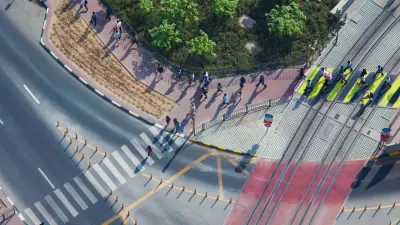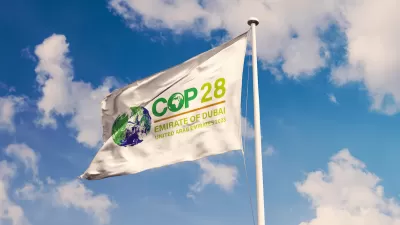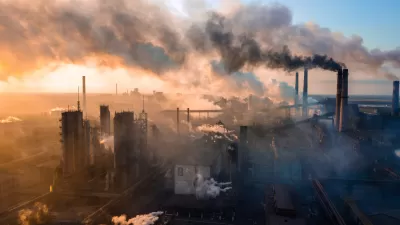Beneath the shiny allure of Dubai lies a litany of human rights and environmental abuses so severe that collapse cannot be far away, writes Johann Hari.
"All over Dubai, crazy projects that were Under Construction are now Under Collapse. They were building an air-conditioned beach here, with cooling pipes running below the sand, so the super-rich didn't singe their toes on their way from towel to sea.
The projects completed just before the global economy crashed look empty and tattered. [Inside] the Atlantis Hotel ...sitting on its own fake island...is a giant shining glass structure that looks like the intestines of every guest who has ever stayed at the Atlantis. It is unexpectedly raining; water is leaking from the roof, and tiles are falling off.
Between the malls, there is nothing but the connecting tissue of asphalt. Every road has at least four lanes; Dubai feels like a motorway punctuated by shopping centres. You only walk anywhere if you are suicidal. The residents of Dubai flit from mall to mall by car or taxis.
Dubai is not just a city living beyond its financial means; it is living beyond its ecological means. You stand on a manicured Dubai lawn and watch the sprinklers spray water all around you. You see tourists flocking to swim with dolphins. You wander into a mountain-sized freezer where they have built a ski slope with real snow. And a voice at the back of your head squeaks: this is the desert. This is the most water-stressed place on the planet. How can this be happening? How is it possible?
Once the manic burst of building has stopped and the whirlwind has slowed, the secrets of Dubai are slowly seeping out. This is a city built from nothing in just a few wild decades on credit and ecocide, suppression and slavery. Dubai is a living metal metaphor for the neo-liberal globalised world that may be crashing -- at last -- into history...The very earth is trying to repel Dubai, to dry it up and blow it away."
FULL STORY: Dubai's Lesson to America: How the Middle East's Shangrai La Became a Hell on Earth

Maui's Vacation Rental Debate Turns Ugly
Verbal attacks, misinformation campaigns and fistfights plague a high-stakes debate to convert thousands of vacation rentals into long-term housing.

Planetizen Federal Action Tracker
A weekly monitor of how Trump’s orders and actions are impacting planners and planning in America.

In Urban Planning, AI Prompting Could be the New Design Thinking
Creativity has long been key to great urban design. What if we see AI as our new creative partner?

King County Supportive Housing Program Offers Hope for Unhoused Residents
The county is taking a ‘Housing First’ approach that prioritizes getting people into housing, then offering wraparound supportive services.

Researchers Use AI to Get Clearer Picture of US Housing
Analysts are using artificial intelligence to supercharge their research by allowing them to comb through data faster. Though these AI tools can be error prone, they save time and housing researchers are optimistic about the future.

Making Shared Micromobility More Inclusive
Cities and shared mobility system operators can do more to include people with disabilities in planning and operations, per a new report.
Urban Design for Planners 1: Software Tools
This six-course series explores essential urban design concepts using open source software and equips planners with the tools they need to participate fully in the urban design process.
Planning for Universal Design
Learn the tools for implementing Universal Design in planning regulations.
planning NEXT
Appalachian Highlands Housing Partners
Mpact (founded as Rail~Volution)
City of Camden Redevelopment Agency
City of Astoria
City of Portland
City of Laramie





























